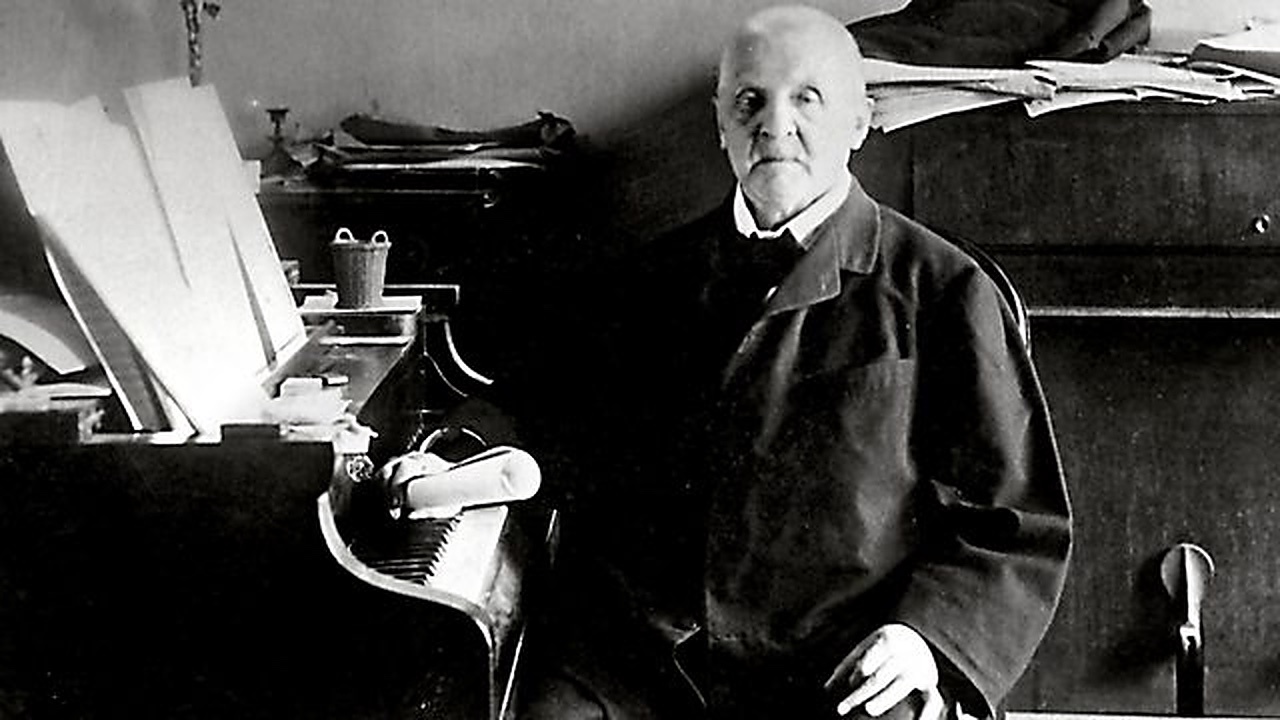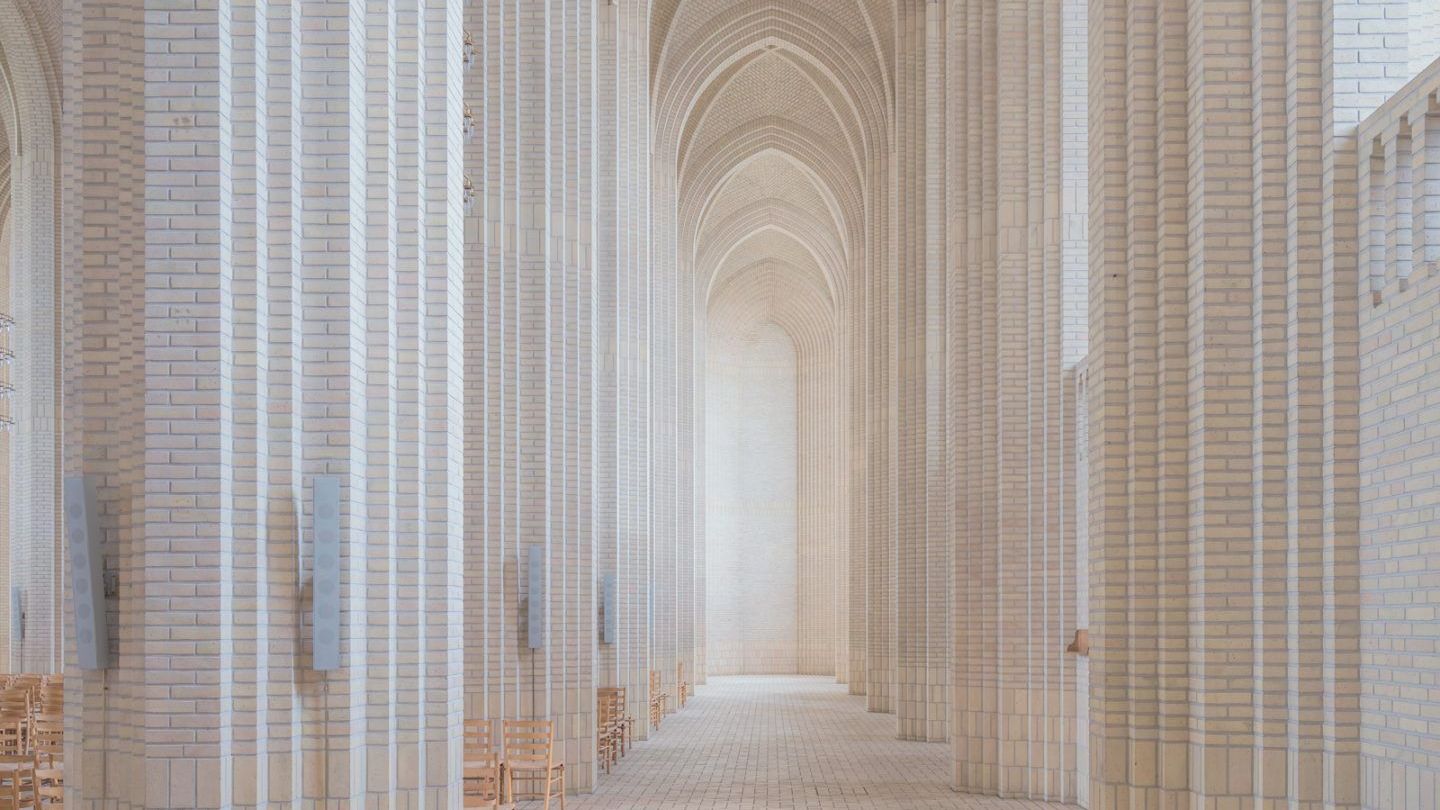Remembering Leif Segerstam
Leif Segerstam, the colorful Finnish conductor and composer, passed away last Wednesday following a brief illness. He was 80. Eccentric and larger-than-life, with an exuberant podium demeanor resembling Santa Claus, Segerstam embraced music with a childlike enthusiasm. He served as chief conductor of the Helsinki Philharmonic Orchestra from 1995 to 2007, and later held the title of Chief Conductor Emeritus with the orchestra. He held similar positions with the Danish National Radio …







